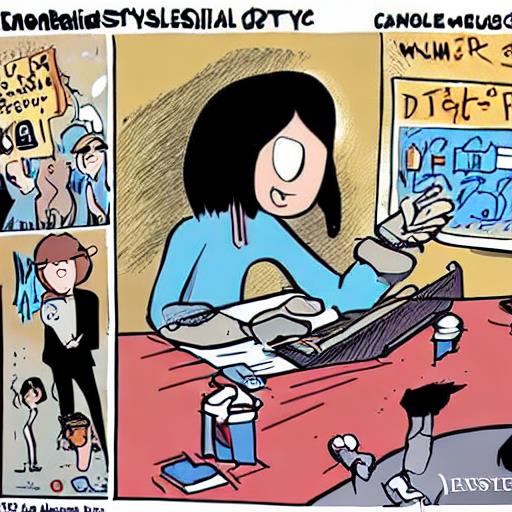A Double-Edged SwordThe rise of social media has irrevocably transformed the political landscape.
While it has empowered citizens and fostered political engagement, it has also introduced unprecedented challenges, highlighting the double-edged nature of this technological revolution.
Empowerment and EngagementSocial media platforms have become vibrant public forums where individuals can share their opinions, engage in political debates, and hold elected officials accountable.
By providing a voice to the voiceless, social media has empowered marginalized communities and spurred movements for social change.
For example, during the Arab Spring, social media played a pivotal role in organizing protests and disseminating information, contributing to the toppling of authoritarian regimes.
Similarly, the #MeToo movement gained momentum through social media, as survivors shared their stories and ignited a global conversation about sexual harassment.
Disinformation and PolarizationHowever, the anonymity and ease of sharing on social media have also created a fertile ground for the spread of disinformation and conspiracy theories.
False or misleading information can quickly go viral, influencing public opinion and undermining trust in institutions.
Moreover, social media algorithms tend to group like-minded individuals together, leading to “echo chambers” where people are only exposed to views that reinforce their own beliefs.
This can exacerbate political polarization and make it difficult for people to find common ground.
Cyberbullying and Hate SpeechThe anonymity of social media can also foster cyberbullying and hate speech.
Elected officials and political activists often face online harassment and threats, which can have a chilling effect on political discourse.
For example, a recent study by the Pew Research Center found that 71% of American adults have been harassed or threatened online because of their political views.
This can discourage people from participating in politics altogether.
Regulation and Free SpeechThe tension between free speech and the need to regulate harmful content on social media has become a significant challenge.
Governments and policymakers are grappling with how to balance the protection of First Amendment rights with the need to prevent the spread of dangerous or inflammatory material.
Some argue for stricter regulation, while others maintain that it could stifle legitimate political speech.
Finding the appropriate balance is an ongoing debate with no easy answers.
ConclusionSocial media has both empowered and challenged politics.
While it has fostered engagement and provided a platform for social change, it has also exacerbated disinformation, polarization, and online harassment.
Navigating the double-edged nature of social media requires careful consideration of its benefits and drawbacks, as well as the need to balance free speech with the protection of the public good.

